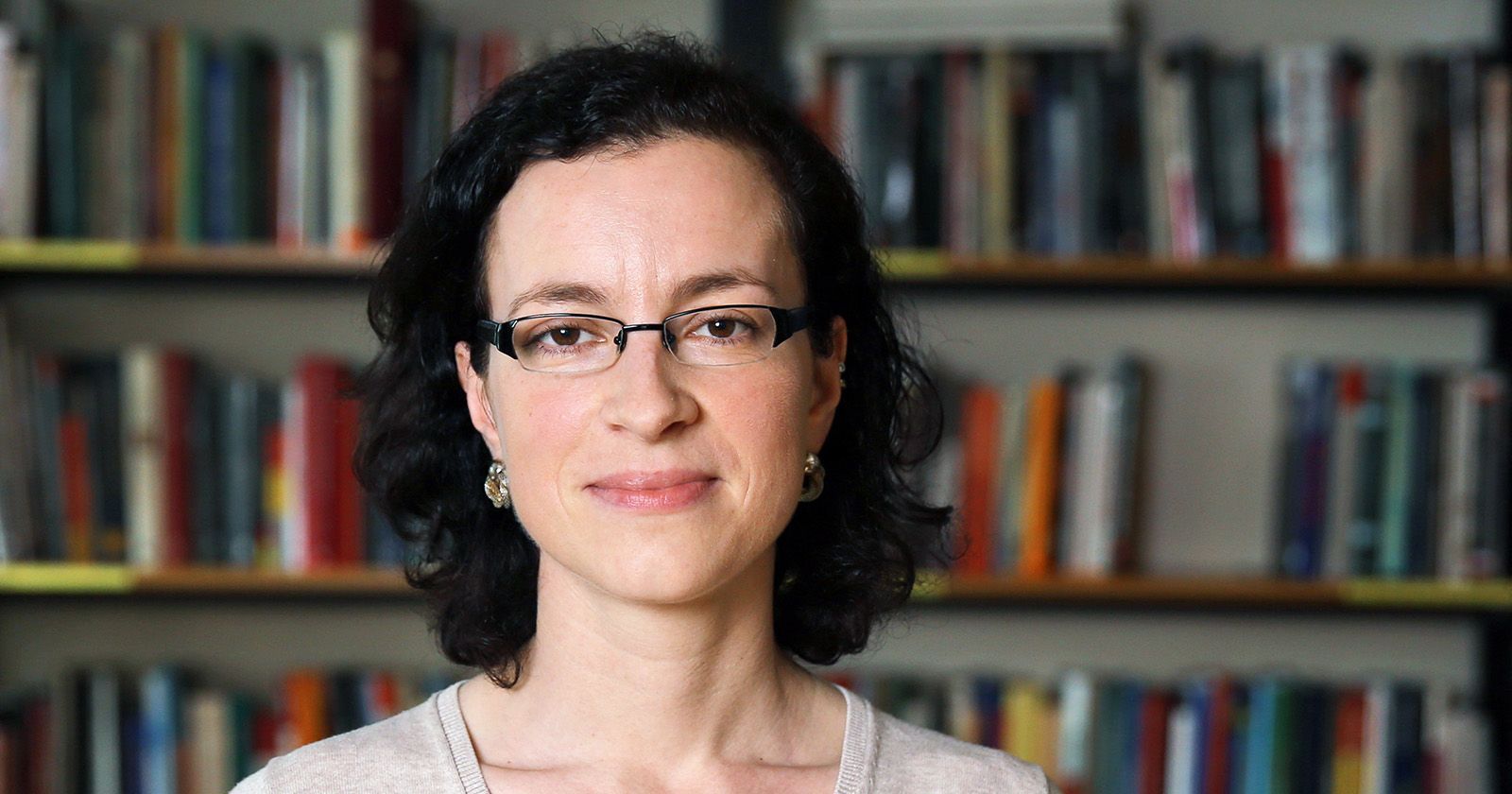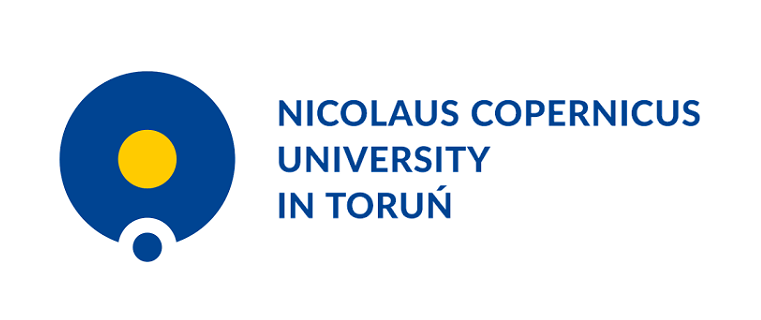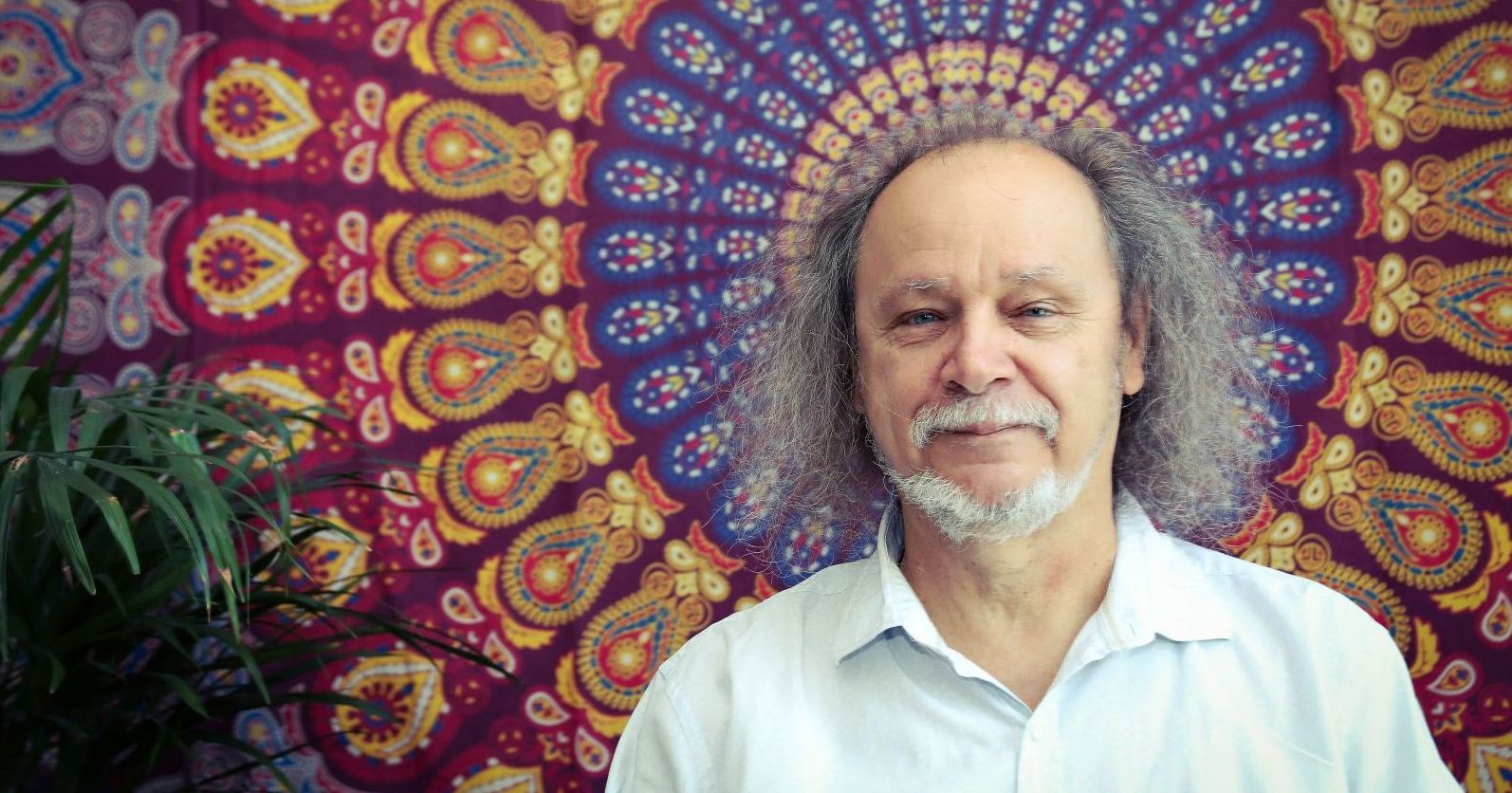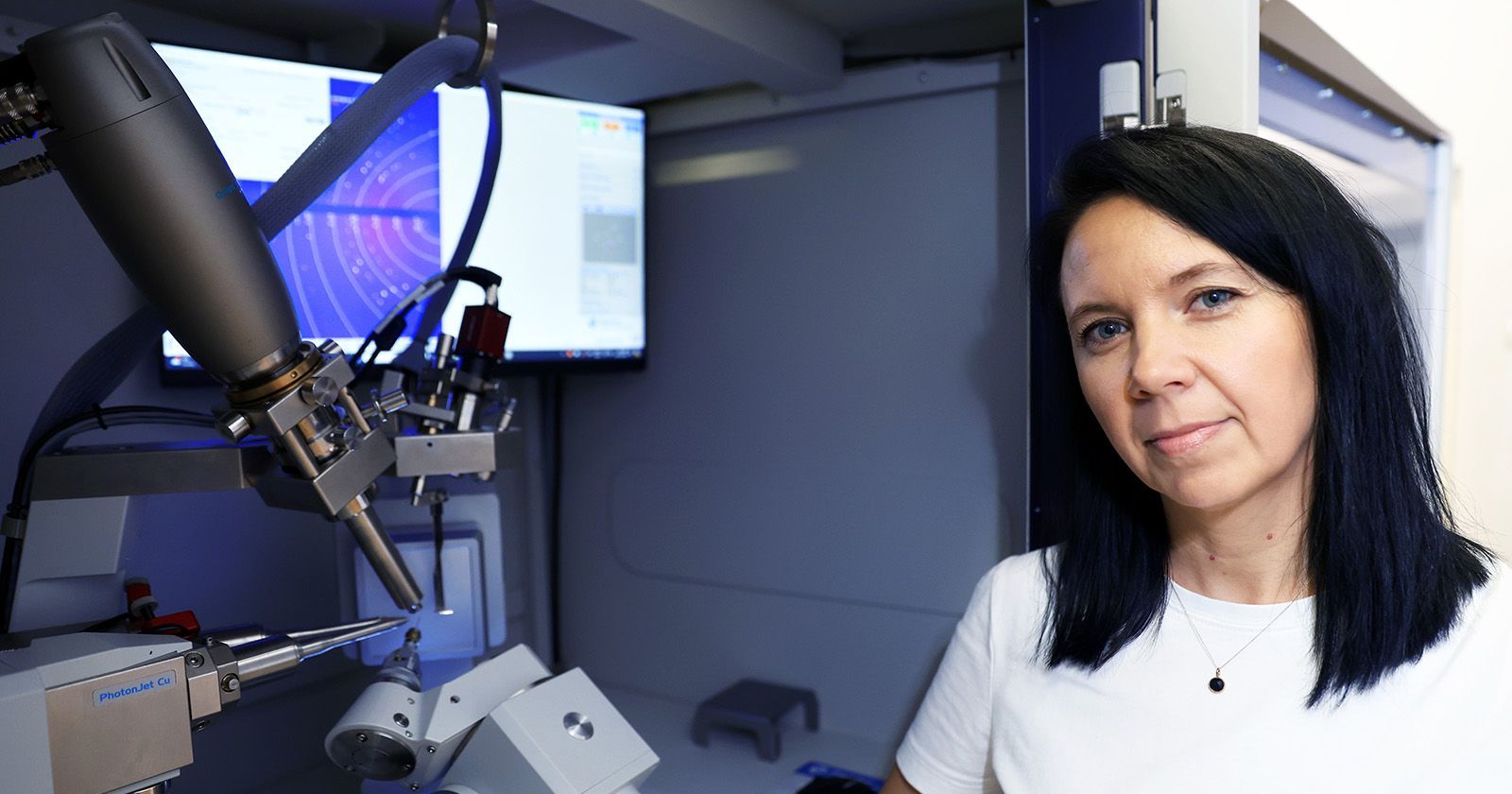 Social sciences
Social sciences
The Nobel Prize for striving to eliminate nuclear weapons
The fact that an organization working for the elimination of nuclear weapons was awarded the Nobel Peace Prize is of particular importance in the context of Russian aggression towards Ukraine and threats repeatedly expressed by the President of Russia concerning its possible use, says Dr hab. Agnieszka Szpak, Prof. NCU from the Faculty of Political Science and Security Studies.
The Norwegian Nobel Committee awarded a Japanese organization, Nihon Hidankyo, the 2024 Nobel Peace Prize. It is a grass-roots organization formed by survivor groups of atomic bomb victims from Hiroshima and Nagasaki also known as Hibakusha. In the justification of the decision it is indicated that the organization was awarded “for its efforts to achieve a world free of nuclear weapons and for demonstrating through witness testimony that nuclear weapons must never be used again".
Nihon Hidanko was established in 1956 and it was formed by the local Hibakusha association members and victims of nuclear weapon tests conducted at the Pacific Ocean. Its original name was the Japan Confederation of A- and H-Bomb Sufferers Organizations, later shortened to the Japanese version, Nihon Hidankyo. Initially, the organization pressurized the Japanese government to strengthen support to victims of atomic bomb attacks from Hiroshima and Nagasaki. Its members worked at raising awareness of the disastrous humanitarian consequences of using nuclear weapon. Over time, the organization focused its activities on international lobbying aimed at the elimination of nuclear weapons from arsenals all over the world.

The Nobel Committee stated that the testimony of Hibakusha, the Hiroshima and Nagasaki survivors, is unique. "These historical witnesses have helped to generate and consolidate widespread opposition to nuclear weapons around the world by drawing on personal stories, creating educational campaigns based on their own experience, and issuing urgent warnings against the spread and use of nuclear weapons. The Hibakusha help us to describe the indescribable, to think the unthinkable, and to somehow grasp the incomprehensible pain and suffering caused by nuclear weapon".
Awarding the Nobel Peace Prize to an organization advocating the elimination of nuclear weapons at this very moment is highly relevant primarily in the context of the Russian aggression towards Ukraine and threats repeatedly expressed by the President of the Russian Federation concerning its possible use. Moreover, despite the commitment of the international community resulting from Article VI of the Treaty on the Non-Proliferation of Nuclear Weapons "to pursue negotiations in good faith on effective measures relating to cessation of the nuclear arms race at an early date and to nuclear disarmament, and on a treaty on general and complete disarmament under strict and effective international control" nuclear superpowers modernize and improve their arsenals. New countries seem to be making efforts to get weapons (e.g. Iran), and treats concerning the use of nuclear weapons are made in ongoing armed conflicts (e.g. above mentioned Russia ). 191 countries including Russia are parties to the Non-Proliferation Treaty. It is worth noting that in 2017 the international community adopted The Treaty on the Prohibition of Nuclear Weapons. It was not, however, ratified by the key countries (e.g. France, Russia, Great Britain, the USA, Iran, North Korea among others), so currently it holds a rather symbolic meaning.
Next year, the world will be marking a sad anniversary: 80 years will have passed since two American atomic bombs were dropped on Hiroshima and Nagasaki killing an estimated number of 120 thousand people. The death toll was similar also among those affected by burns and radiation sickness over months or even years following the attacks. Currently constructed bombs have a much greater power of destruction. They can cause millions of deaths and catastrophically affect the climate. The use of nuclear weapons and nuclear war could essentially destroy our civilization. Awarding the Nobel Peace Prize to a Japanese organization Nihon Hidanko is a reminder of the disastrous effects the use of the weapon already brought. And nowadays, the firepower would be even more catastrophic.
 NCU News
NCU News






 Exact sciences
Exact sciences
 Social sciences
Social sciences
 Natural sciences
Natural sciences